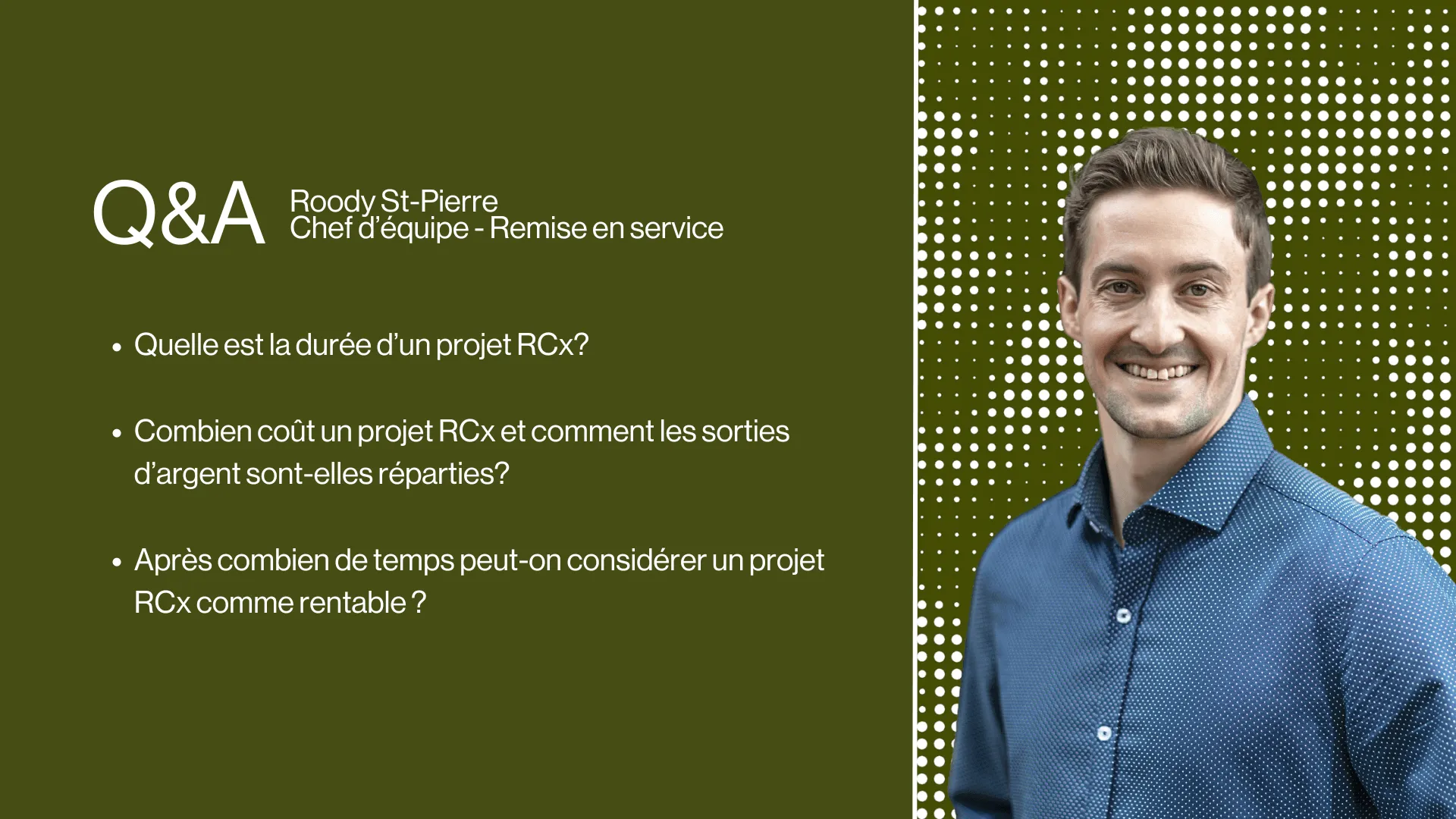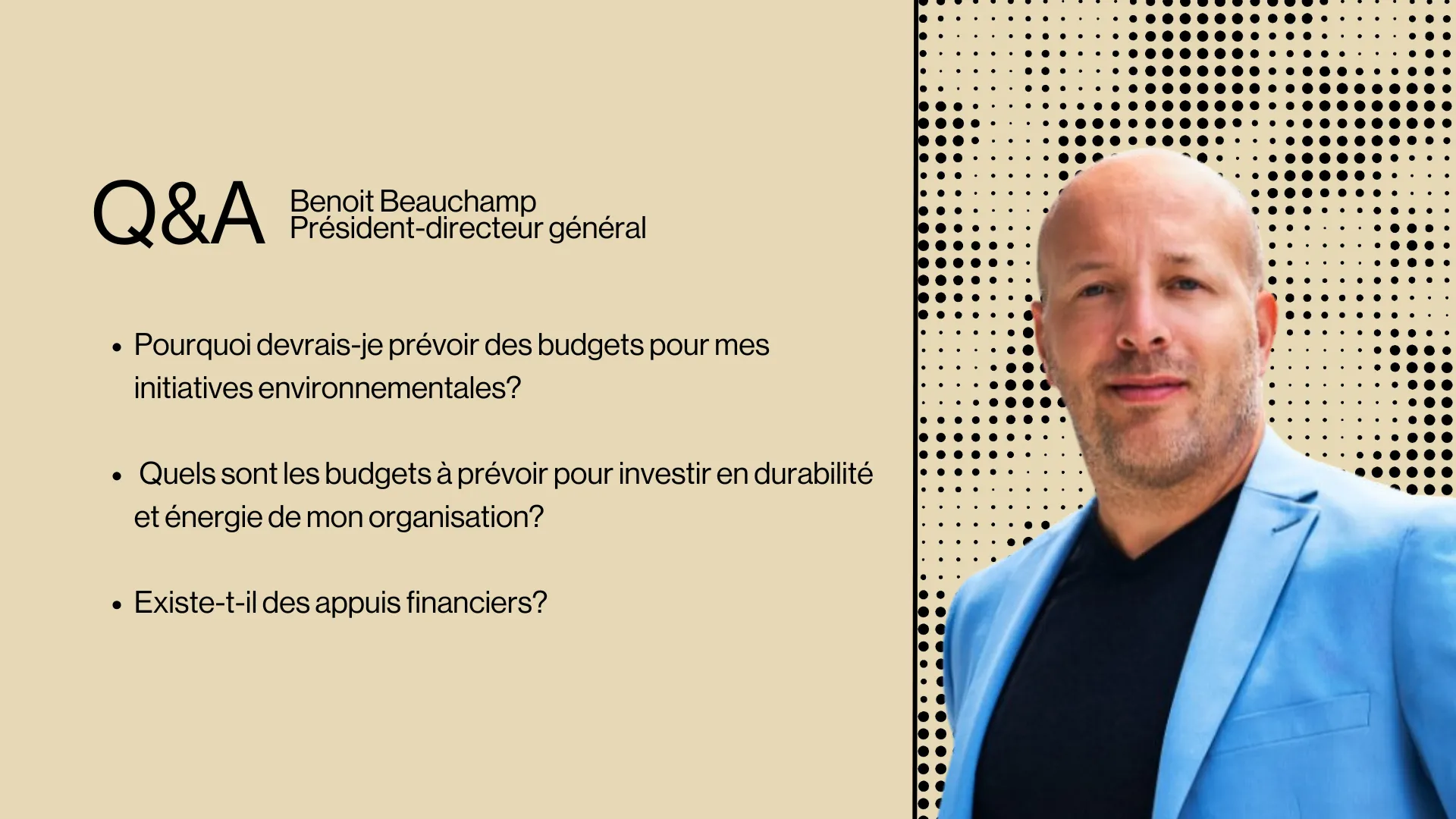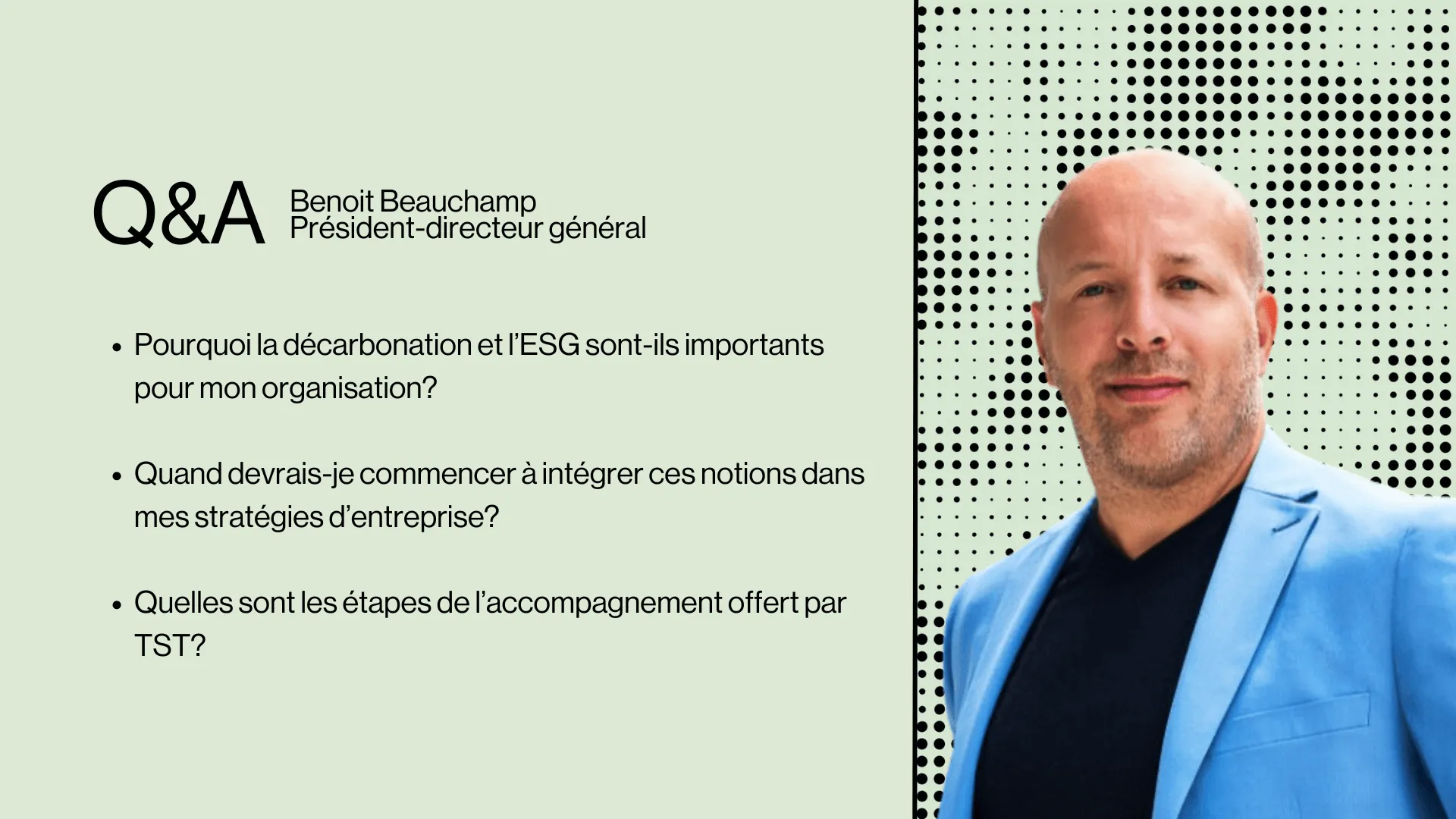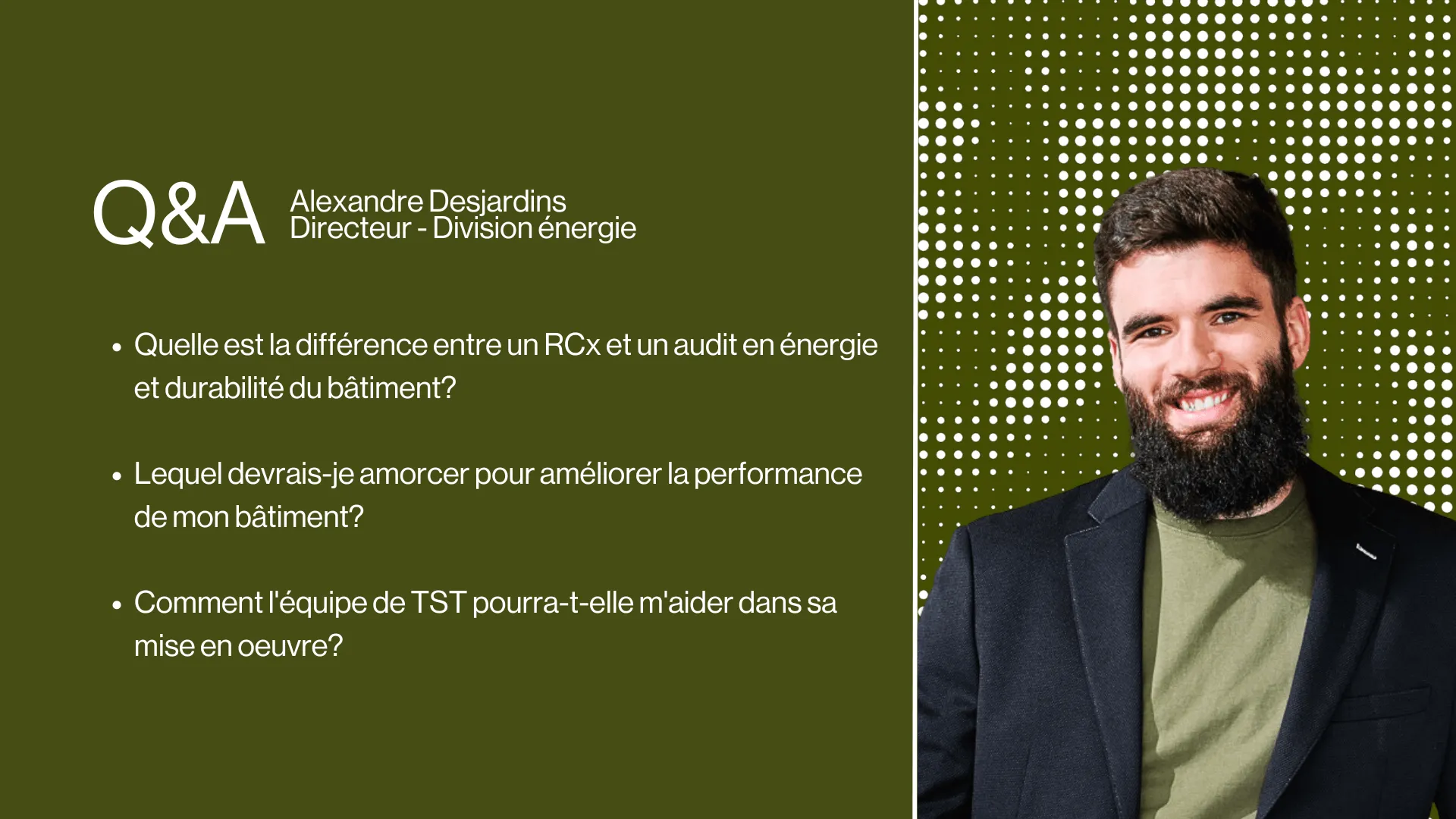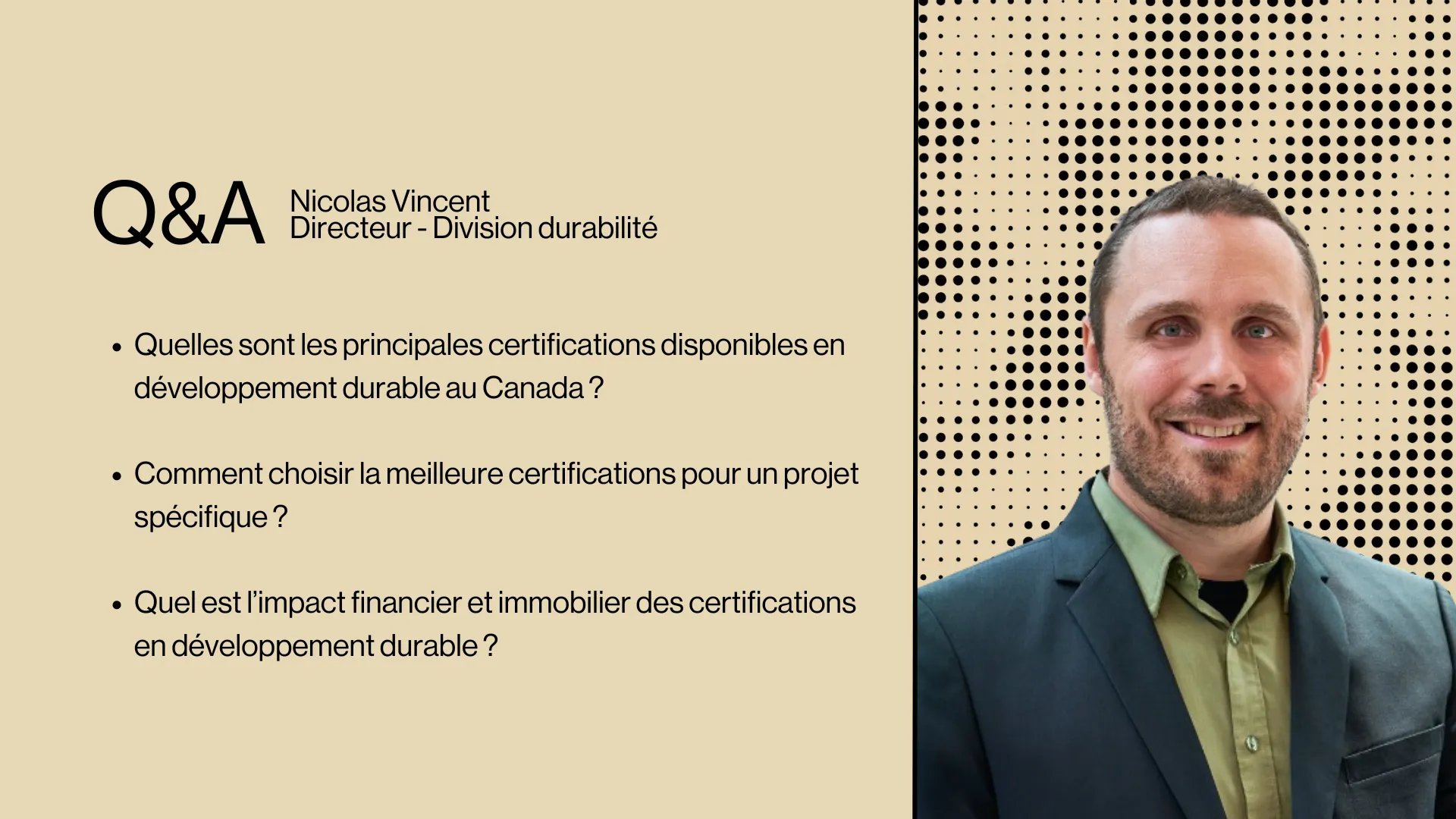Blog

TST’s Recommissioning Team Leader, Roody St-Pierre, answers your questions :
How long does an recommissioning project take ?
Between two and three years in total:
- Planning phase: 1 week to 1 month, depending on the availability of information.
- Investigation phase: 2 to 6 months, depending on the scope of the project.
- Implementation phase: very variable duration, mainly due to the availability of contractors.
- Implementation and project information transfer phase: typically a few days.
- Energy performance monitoring phase: 2 years.
How much does a recommissioning project cost, and how are cash outflows distributed?
Thanks to financial aid covering up to 75% of the professional fees for the study, on net, an RCx project costs only 25% of its value if the site qualifies.
- When the service offer is signed, the planning phase, not covered by the grant, is invoiced.
- Next, the investigation phase is typically invoiced in 4 parts (the first instalment of financial assistance comes at the end of this phase).
- The transfer phase is invoiced at the end of the implementation phase.
- Energy performance monitoring is invoiced at the beginning of each of the 2 years of monitoring, for the entire year.
After how long can a recommissioning project be considered profitable?
It is possible to implement energy-saving measures right from the start of the investigation, in the weeks following acceptance of the mandate. The RCx measures recommended for implementation typically have PRIs of less than 3 years, and typically generate energy savings of 5% to 15%.
Haven’t we covered everything? Ask us your questions here 👉 info@tst-inc.ca




